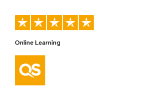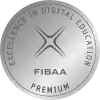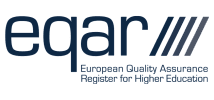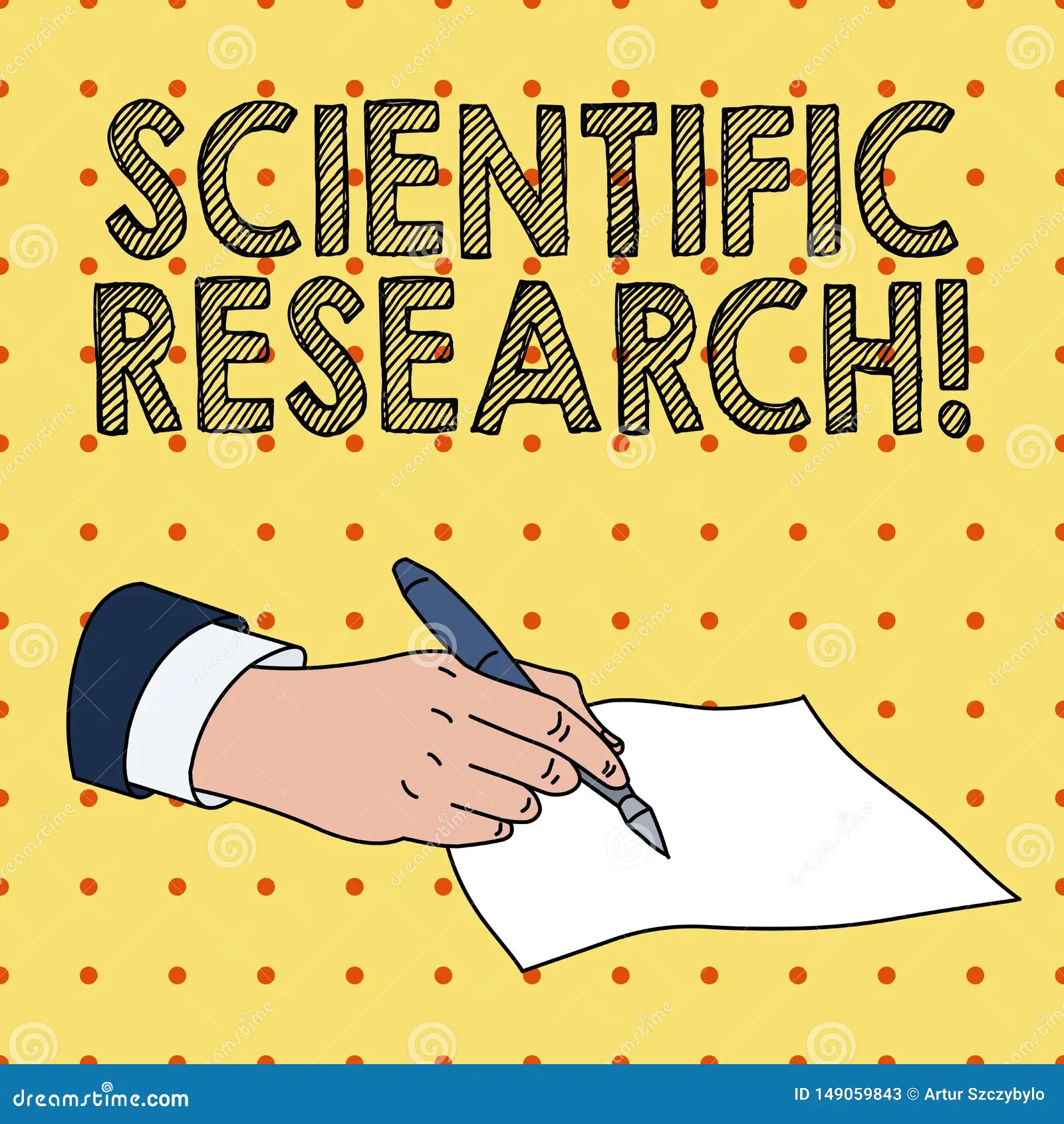
Scientific Research Writing
This short course is designed to provide participants with the essential skills and knowledge to effectively write, edit, and publish scientific research papers. The course offers a hands-on approach to mastering the art of research communication, targeting beginners and intermediate-level researchers, students, and professionals in academia or industry. By the end of the course, participants will be able to confidently craft well-structured research papers suitable for peer-reviewed journals.
Overview

Overview
Course Objectives
Course Learning Outcomes (CLOs)
Upon successful completion of the course, participants will:
- Demonstrate the ability to write clear, concise, and structured scientific documents.
- Understand and apply ethical standards in research writing, including proper citation practices.
- Use critical thinking to analyze and present research findings effectively.
- Develop professional skills for journal submission and peer-review responses.
- Exhibit improved technical writing capabilities applicable to academic and industry settings.
Specific Learning Objectives (SLOs)
By the end of each module, participants will be able to:
Week 1:
- Explain the importance and principles of scientific research writing.
- Identify the key components and ethical considerations in research papers.
Week 2:
- Develop a structured outline for a research paper based on a specific topic.
- Apply referencing and citation styles (APA, IEEE, MLA, etc.) to real-world examples.
Week 3:
- Draft high-quality abstracts, introductions, and methods sections.
- Present data clearly using appropriate visuals, such as graphs and tables.
Week 4:
- Write cohesive discussions and conclusions by synthesizing research findings.
- Employ editing and proofreading techniques to enhance the quality of drafts.
Week 5:
- Select suitable journals for manuscript submission based on impact factors and scope.
- Address peer review feedback constructively and revise research papers accordingly.

Benefits
With AI, the world is your oyster! It is an emerging field, rapidly growing, ever evolving and watched with a keen eye by industries and markets globally. There are many benefits to an education in AI:
In demand Career
With a Bachelor in artificial intelligence you are equipped with in-demand skills in the rapidly growing field of AI. Knowledge of developing AI systems, data analysis and AI techniques makes you valuable across industries, right from healthcare, finance, tech and more. This degree prepares you for career that has multiple options for diversification. AI professionals include AI engineers, data scientists, machine learning specialists, AI consultants, researchers and more. AI is transformative technology that is revolutionising the world. With an education background in AI, you are set up in an in-demand career field with an exciting future ahead!
Innovation and advancement
Applied AI is all about finding solutions and using AI systems to make life simpler. Applied AI draws on its solid foundation in Computer Science to analyse and provide solutions for real world challenges. You are prepared to address complex problems and contribute meaningfully in domains like healthcare diagnostics, fraud detection, autonomous vehicles, personalised recommendations and more. Being able to apply AI techniques for solving tasks makes for an extremely rewarding and impactful job role!
Solving real world problems
AI aims to constantly bridge the gap between natural intelligence and machine learning - it is a field of cutting edge research, innovation and advancing technology. This makes it ever evolving, with new algorithms, models and techniques being developed. By studying AI at an undergraduate level, you gain a strong foundation in AI fundamentals that help you better understand the latest advancements. You step into a career that empowers you to push the boundaries of AI, contribute to research and development and drive innovation in the field.
100% International
Study at your own pace from anywhere in the world
Recommended by 96% of our graduates
According to our latest alumni survey
50,000+ students
enrolled in Germany’s largest university
Study contents
Study Contents
Contents
Content Breakdown
Week 1: Fundamentals of Scientific Writing
- Introduction to the role of scientific communication.
- Common types of academic publications.
- Research ethics, plagiarism, and intellectual property.
Week 2: Planning and Structuring
- Developing a research question and hypothesis.
- Formatting as per journal requirements.
- Referencing tools and citation management software (e.g., EndNote, Mendeley).
Week 3: Writing Research Sections
- Crafting Abstracts and Introductions with real examples.
- Writing the Methodology: Detailing experiments and approaches.
- Presenting results with accuracy and relevance.
Week 4: Refinement and Polishing
- Discussion: Linking results to the broader scientific context.
- Proofreading: Grammar, style, and coherence checks.
- Common reviewer criticisms and how to preempt them.
Week 5: Journal Submission and Publishing
- Understanding journal selection criteria.
- Writing effective cover letters for submissions.
- Navigating the peer review process and managing revisions.
Admission
Careers
Career
Career Path
Job Opportunities After This Course
Participants completing this course will be equipped with skills that open opportunities in:
Academic and Research Fields
- Research Assistant: Assisting in writing and editing research projects.
- Technical Writer: Preparing research articles, grant proposals, or academic reviews.
- Scientific Editor: Reviewing and editing academic papers for journals or publishers.
Corporate and Industry Roles
- Medical or Scientific Writer: Writing regulatory documents, white papers, or product descriptions in biotech, pharma, and healthcare.
- Data Analyst: Documenting and presenting data-driven reports.
- Content Developer: Creating technical blogs, reports, and case studies.
Publishing and Freelance Opportunities
- Journal Submission Consultant: Guiding authors through publication processes.
- Freelance Academic Writer: Writing or editing theses, dissertations, or articles.
- Grant Proposal Writer: Preparing applications for research funding.
Government and NGO Sectors
- Policy Researcher: Drafting policy papers, research summaries, and technical documentation.
- Program Officer: Writing project reports and monitoring scientific initiatives
Student reviews
Coming Soon.
Tuition fees
Tuition fee
All our study programmes include the following benefits
- Teaching and study material
- Marking of your end-of-module exams
- Monthly live and recorded tutorials
- Use of the online campus
- Individual study coaching
- Online exams
- Career coaching
- Learn English for free
Our global recognition

IU is recognised by WES Canada and U.S., which means your degree can be converted to points in the local system for purposes of immigration, work, or studies.
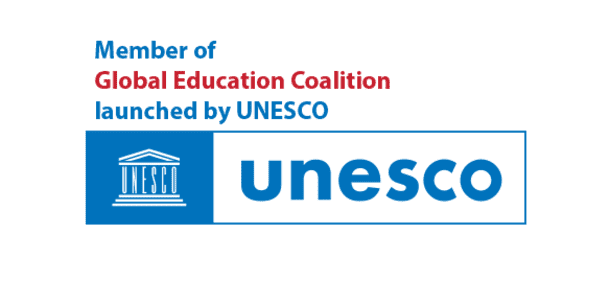
As the first EU institution in UNESCO's Global Education Coalition, IU is committed to ensuring accessible quality education to students in crisis worldwide through free online micro-credentials.
Our company partners
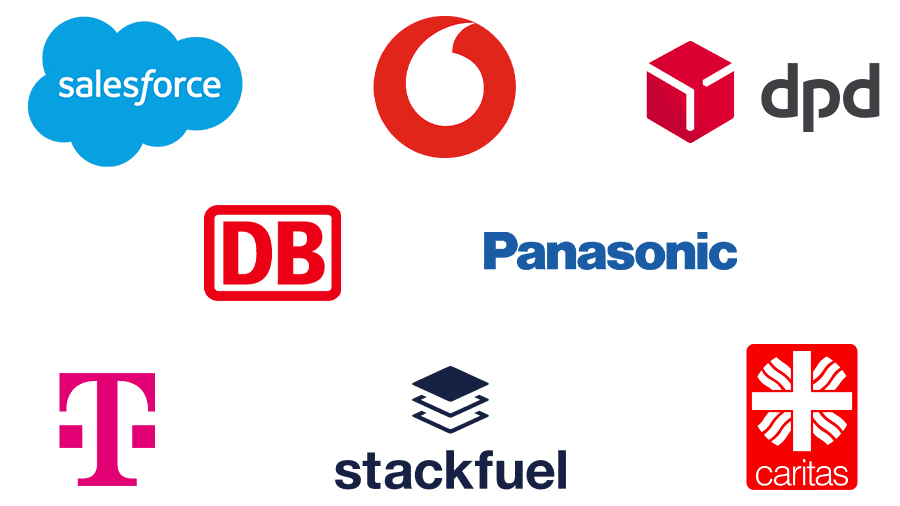
For over 20 years, IU has established partnerships with leading global companies. This offers you the chance to gain firsthand experience through internships and projects and allow us to adapt our learning content to the ever-evolving needs of the labour market. You'll benefit from an education designed to bridge the gap between theory and real-world practice, ensuring your readiness for your future career.
Recognition
Recognition of previous achievements
Have you already completed a training course, studied at a university or gained work experience? Have you completed a course or a learning path through EPIBM LinkedIn Learning, and earned a certificate? Then you have the opportunity to get your previous achievements recognised, and complete your studies at EPIBM sooner.

Save time:
Skip individual modules or whole semesters!
Even before you apply for a study programme, we’ll gladly check whether we can take your previous achievements into account: 100% online, no strings attached. Simply fill in our recognition application form, which you can find under the content section of each study programme's webpage, and upload it via our upload section. You can also e-mail it to us, or send it via post.
Send an email to [email protected] to find out which previous achievements you can get recognised. You can get your previous achievements recognised during your studies.
Recognition files
Autonomous vehicles developer
With AI, the world is your oyster! It is an emerging field, rapidly growing, ever evolving and watched with a keen eye by industries and markets globally. There are many benefits to an education in AI:
That’s why after graduating, you’ll be able to apply your professional skills and knowledge, and work for development teams at any sector you find appealing.


Augmented reality (AR/VR) developer
Virtual (or augmented) reality isn’t all just fun and games, as great and enjoyable as that aspect is. It can also be used for groundbreaking social and psychological research, defensive purposes and therapy.
With an Applied Artificial Intelligence degree from IU University of Applied Sciences, you can take part in this vital field of technological development, and work on a wide variety of interesting projects.
Change what the world thinks about the possibilities that AI offers, and make a real difference in people’s lives, while enjoying every step of the process.
F.A.Q
Frequently Asked Questions
You might also be interested in these study programmes
Accredited and certified







